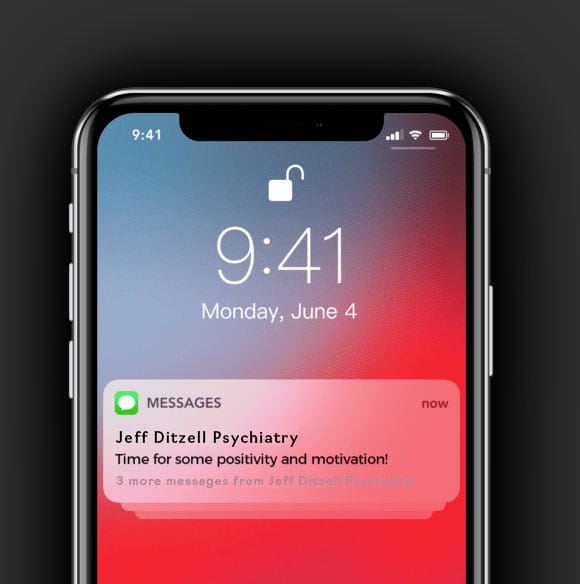
Feeling stuck, like you want to move forward in your life but just can’t make the progress you’d like to see? You may want to work with a life coach. The benefits of having a life coach are many, and if you want to finally achieve the goals you’ve been seeking, you may want to tap into them sooner rather than later.
What is a life coach?
A life coach is a trained professional that helps people set goals in their lives and then take the right steps to achieve them. These goals can be professional or personal, including help with relationships, career success, health and fitness, financial success, bucket-list items, and more.
Working with a life coach can help you:
Who works with a life coach?
Anyone can work with a life coach. But we find that people who are in transitional times in their lives often find the most benefit from working with a life coach. If you’re looking toward a major transition, such as getting married, getting divorced, starting a new career, or are just ready to make some changes in your life, working with a life coach may be right for you.
You may have heard of powerful business leaders, prominent politicians, celebrities, or influencers who work with their own personal life coaches. Anyone who wants to reach peak performance and life fulfillment can benefit from working with a life coach.
The work that life coaches and therapists do often overlaps. After all, both professions are centered around helping people live better lives. However, there are some important differences. In general, a therapist works on healing trauma that originates in the past, and a life coach helps you focus on building the life you want in the future.
A life coach can help you achieve almost any type of personal or professional goal. Some common examples of goals that a life coach can help you reach include:
Before you invest in working with a life coach, your first question is probably, “Will this really help me?†The answer is yes, as long as you’re committed to doing the work and are open to coaching. No matter how great your life coach is, if you’re resistant to the process, you will not see results.
There are many benefits of having a life coach. Here are just a few.
Dr. Jeff Ditzell’s Life Optimization Coaching Program was developed to elevate our clients’ lives both personally and professionally. If you’re ready to level up and commit to a new standard of success in your life, schedule online or give us a call today to schedule your first appointment.
We offer a full range of complementary mental health services to help you get your life on track from the inside out, including individual and family therapy, ketamine infusions, medical marijuana, buprenorphine treatment for addiction, and more.

Dr. Jeff Ditzell, D.O. is the lead psychiatrist at Dr. Ditzell Psychiatry with over 25 years experience treating people for Anxiety, Depression, OCD, PTSD, Adult ADHD, Bipolar Disorder, using ketamine treatments, psychotherapy, and so much more.
 Hello,
I'm Dr. D!
Hello,
I'm Dr. D!
At my psychiatry practice in New York Cty, we're focused on giving you a 360 approach to mental health. It's time we end the stigma on mental health.

Each week we'll explore all things Mental Health, Mindset, Fitness, and Psychiatry!
tell me moreYou know what they say “self-care” is the best care. Why not kick off your morning the right way by signing up to receive our positive text messages reminding you to be mindful and encouraging you to conquer the day!
